The Commission is the liaison between the Executive Branch and the Tribes in North Dakota. Duties include mediation service with the Tribes and State and working with other state agencies regarding proper protocol in working with Native Americans and Tribal governments.
Over the years, nine governors have served as chair of the Commission as the NDIAC has tackled many issues including jurisdiction, assimilation, employment, economic development, welfare, discrimination, research, self-determination for Tribes and, most recently, gaming. The Commission has evolved as a vital link between the state and Tribal nations. The NDIAC continues to address tough issues and to serve as a facilitator for building a better North Dakota through cooperation, understanding, and mutual respect.
Commission Meeting Information
ND Indian Affairs Commission Membership
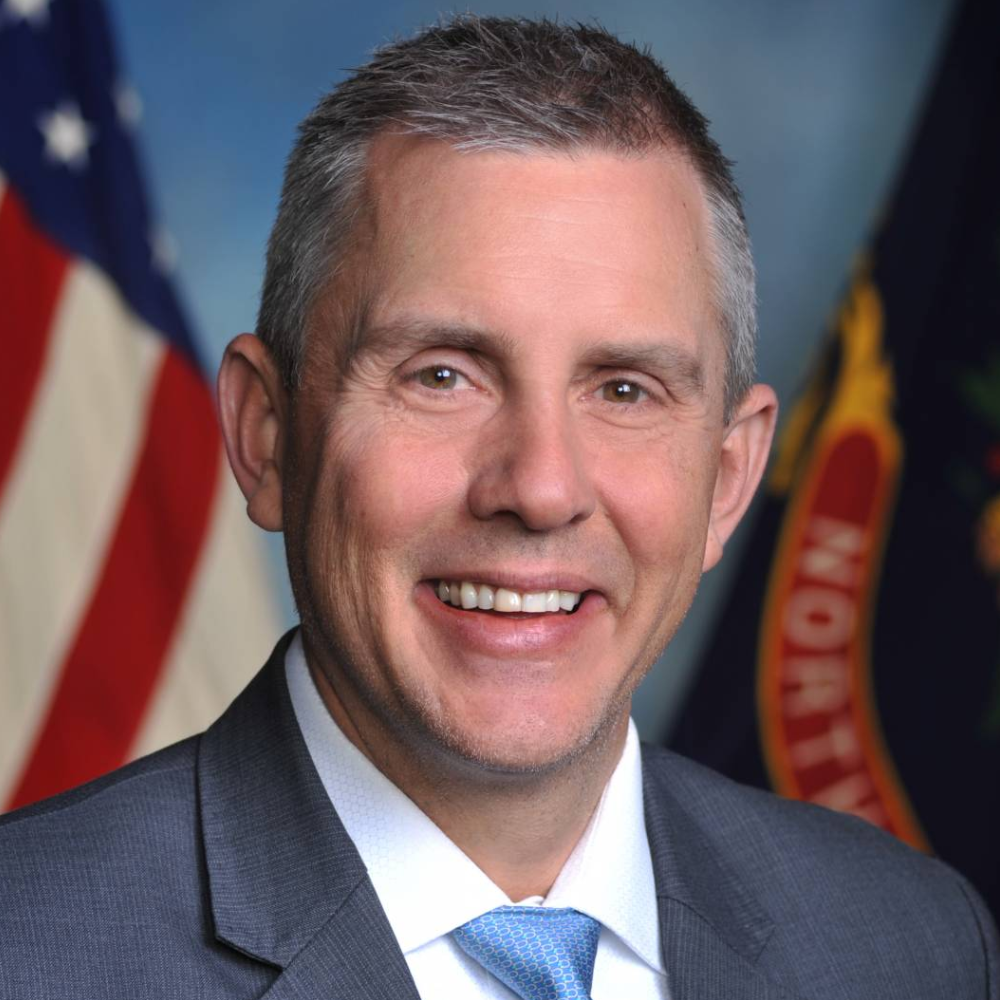 Governor Kelly Armstrong |  Mark Fox |
Steve Sitting Bear |
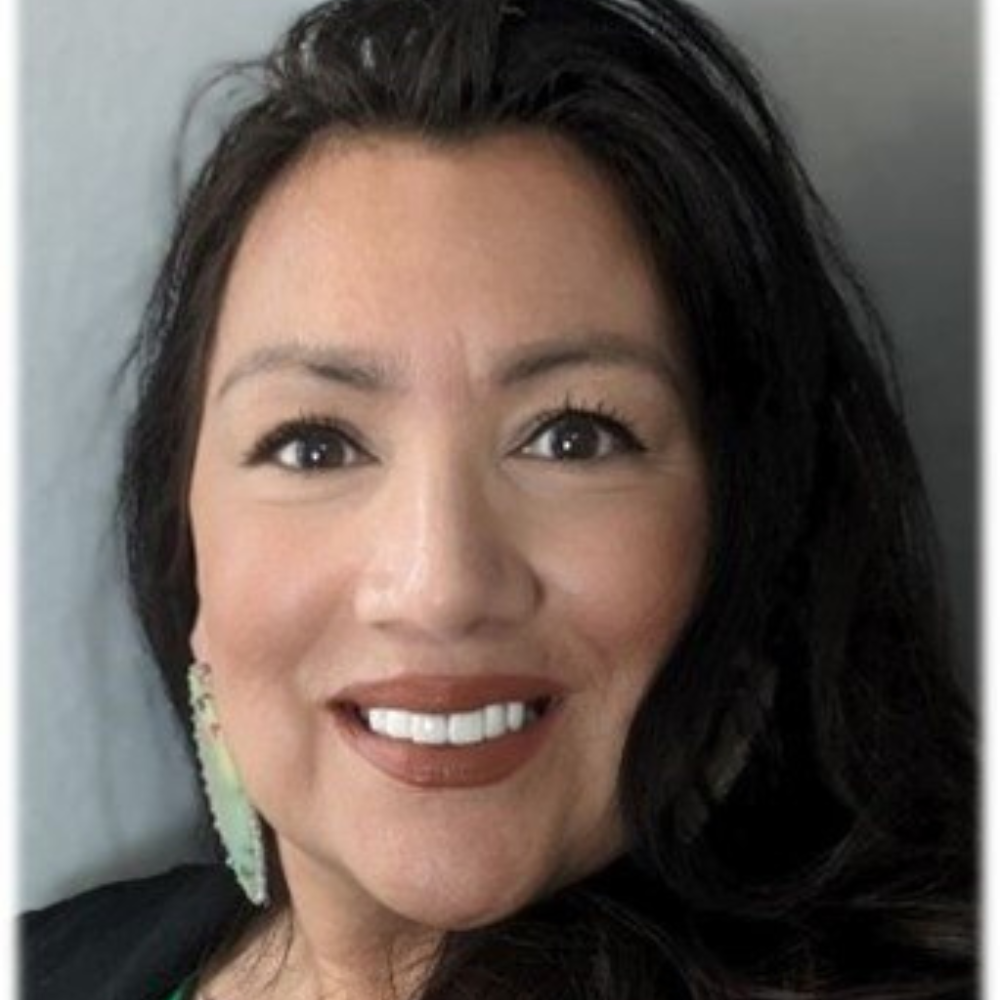
|  Jamie Azure | 
|
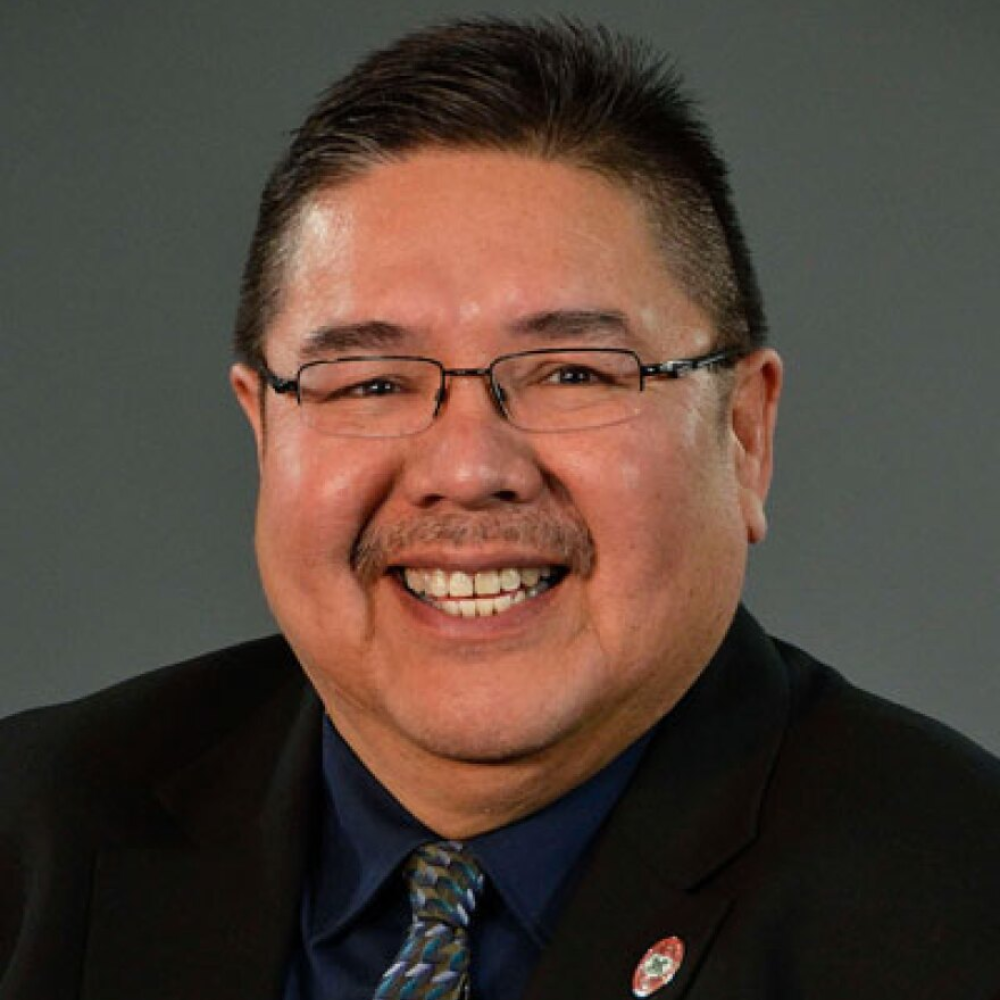
| 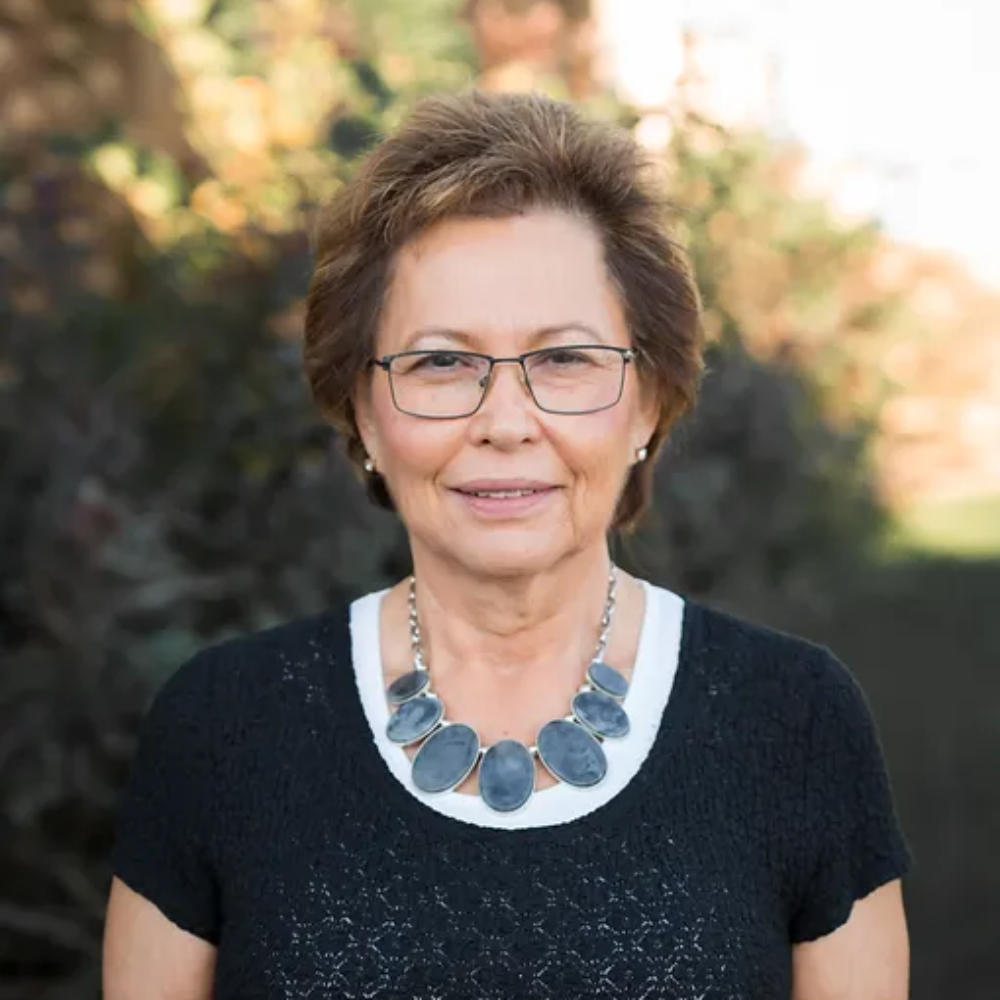 At Large Member - Dr. Viola Slater | 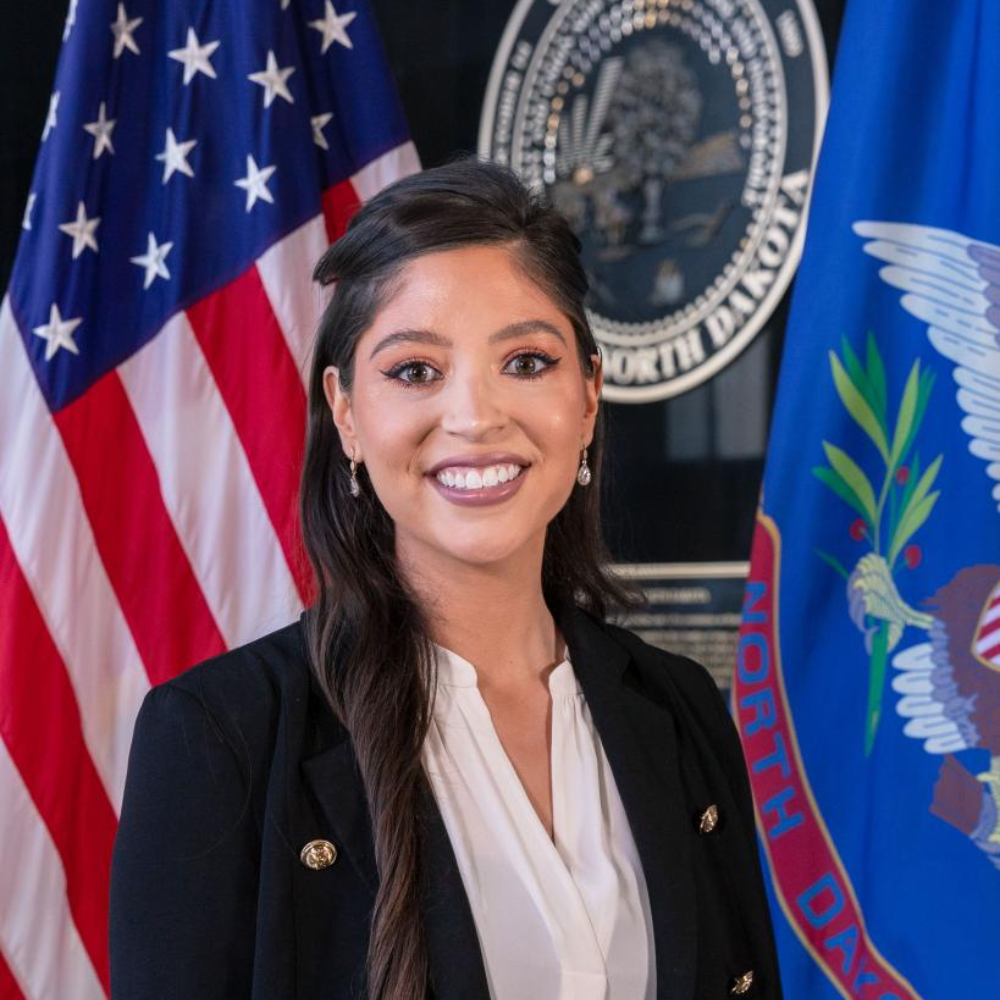 At Large Member - Erica Thunder |
